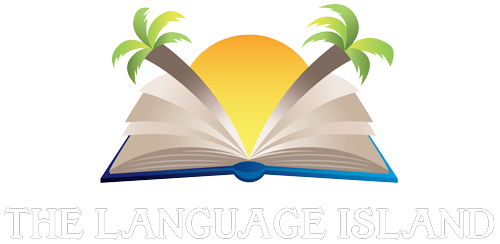
Italian Words with Multiple Meanings
This week we’re going to look at five tricky Italian words with multiple meanings. These are words whose meanings change depending on the context and/or grammatical role in which they used. Note that his list does not include nouns whose meanings change based on gender.
If you need more help with tricky words or any other aspect of the Italian language, contact the Language Island in Atlanta. Our passionate, caring Italian teachers can create a lesson plan that is tailored to your individual needs.
Batteria
Originally the Italian word for “artillery,” batteria is rarely-used in this sense in modern Italian. Instead, the word has taken on a diverse range of possible meanings. Some of most common ones are “battery, drums, heat, and set.”
Lingua
Depending on the context, this noun can mean either the concepts of “language” and “speech” or a person’s physical “tongue.”
Piano
Piano can be used as a noun, adjective, and adverb. When used as a noun, piano means “plan.” When referring to buildings, the noun form can also indicate a specific level of a structure. When used as an adjective, piano describes something that is flat or smooth. When used as an adverb, piano is equivalent to English words such as “gently, quietly, and slowly.”
Note: While piano can mean “piano,” you should use pianoforte unless it is already clear from the context of the conversation that you are referring to the musical instrument.
Prego
Prego’s meaning is highly-dependent on intonation and usage. When pronounced as a statement, prego usually means “you are welcome.” When pronounced with an interrogative intonation, prego indicates a state of confusion and is equivalent to saying “I beg your pardon.”
Prego is also the first person indicative present tense form of the verb pregare, which means “to pray or to beg.”
Venti
Venti is both the plural of “wind” and the Italian word for the number “twenty.”
Tag:italian


